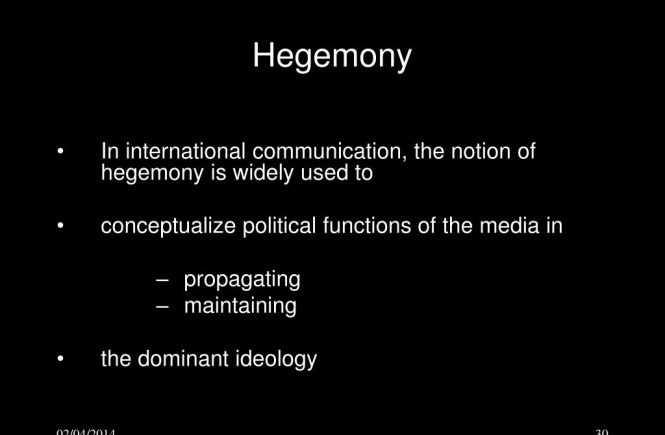Media cross-ownership is the ownership of multiple media businesses by a person or corporation. These businesses can include broadcast and cable television, film, radio, newspaper, magazine, book publishing, music, video games, and various online entities. Much of the debate over concentration of media ownership in the Pakistan has for many years focused specifically on the ownership of broadcast stations, cable stations, newspapers and websites.
On 12th July 2003, The federal cabinet took a major step to expand and liberalise private ownership of electronic media by approving an amendment in the Pakistan Electronic and Media Regulatory Authority (PEMRA) Ordinance, which will allow cross-media ownership.
Ten new channels would get permission under the amended ordinance and Pakistan Television would also start its two new channels, one of which would be for Azad Jammu and Kashmir (AJ&K). He said the prime minister noted at the meeting that the plurality of views was the government’s responsibility. “Mr Jamali hoped that the prospective private radio and TV operators would always give a balanced picture,” .
The democratic norms are strengthened when public at large participate in decisions making through popular will. It can be achieved when common people are well informed about their rights. Media is a basic medium which create awareness among the masses and lead them to form a genuine and authentic opinion in their best interest. If media is free, not only, from limitations of undemocratic forces in the society but also, from predetermined objectives within organizations itself then it can lead to general awareness in the society and will benefit every one. But, if it is concentrated in a few hands and they have choice to define, decide and select what information to share, then it hampers the progressive way of democracy in any country.
Cross Media ownership has remained subject of great debate in western countries where only few control different media organizations and their vested interest has hampered the free flow of information. Public at large is being infused with a typical mind set and they remain at mercy of media outlet for information. It is the choice of media organizations what they show, write or telecast. There is not any proper check and balance on it, whether it is internal or external in media organizations. Simply, these media outlets are accountable to none and their prejudiced reporting hampers the free flow of information. No civilized society could be against the freedom of expression but it should not only be free from limitations of society itself but also from structural lapses within organization itself so that true reflections of events can be imparted to general public without any pre-settled agenda in a responsible manner. Freedom of expression should not be taken as granted by media organizations; they should adhere to basic norms of journalism and responsibility.
In Pakistan, cross media ownership has risen to an extent that few people are managing and controlling the content of information. There are few media groups which own almost all the media viz electronic, print and advertising agencies in Pakistan. This has earned them huge profit as well as monopoly in the market without any competition. They are in connivance with different influential stake holders such as politicians, technocrats, bureaucrats and civil society and try to exploit the masses through circulation over different channels to form or mould public opinion.
The four major Pakistani media groups control the commercial as well as operational aspects of mainstream media in Pakistan. They have been able to sustain their oligopoly over communication resources through huge investments, synergistic mechanisms, and horizontal, vertical, and diagonal expansion. PEMRA has failed to effectively check cross-media ownership and has not been able to exercise its authority to implement an efficient regulatory regime as enshrined in its mandate. One of the main reasons for the failure of PEMRA is the control by bureaucracy, which has rendered the organization ineffectual. Corporate manipulation, profit-mongering, irresponsible journalism, concentration of ownership, and cartelization are the logical outcomes of regulatory inertia resulting in form of deteriorating of democratic institutions and of pluralism in the country.
